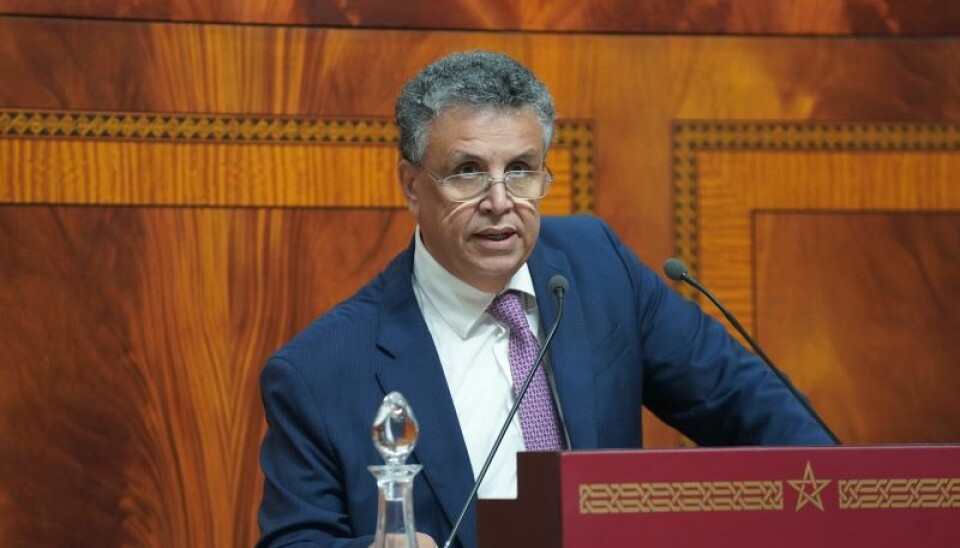Copyright : Re-publication of this article is authorised only in the following circumstances; the writer and Africa Legal are both recognised as the author and the website address www.africa-legal.com and original article link are back linked. Re-publication without both must be preauthorised by contacting editor@africa-legal.com
Historic milestone as Morocco publishes major criminal procedure reforms to strengthen rule of law

Morocco has taken a major step in overhauling its justice system with the adoption of sweeping reforms of the country’s criminal procedure, reflecting the vision set forth by King Mohammed VI to strengthen the rule of law as a foundation for Morocco’s democratic development
Sweeping changes to Morocco’s Code of Criminal Procedure, published last week, are a cornerstone of the North African nation’s ambitious reforms project and reinforce Morocco’s commitment to democracy and the rule of law ahead of co-hosting the 2030 FIFA World Cup, said Justice Minister Abdellatif Ouahbi.
“A modern justice system and legal security will strengthen Morocco’s global attractiveness and confirm its status as a country built on the rule of law and strong institutions,” said Ouahbi, noting Law No. 03-23, which amends the Criminal Code, reflects the State’s confidence in its institutions and its capacity to implement major reforms, positioning Moroccan justice as a model regionally and internationally.
The Justice Ministry hailed the reform as a “historic milestone” advancing King Mohammed VI’s vision of a modern rule-of-law state, and reflecting the spirit of the 2011 Constitution, which established the protection of rights and freedoms as a core foundation for building a democratic Morocco.
Some of the key reforms to the Code of Criminal Procedure include:
- mandating suspects be informed of their rights during detention and enabling them to contact a lawyer and access translation services when necessary;
- reducing reliance on pre-trial detention and limiting it to the most urgent cases, alongside activating modern precautionary alternatives;
- expanding victims’ rights, particularly for women and children affected by violence, through legal and social support and informing them about the outcome of their cases;
- enhancing fair trial guarantees by securing defense rights and ensuring the right to a trial within a reasonable time, while expanding access to legal aid;
- establishing a National Observatory for Crime, a scientific body that will analyse patterns in criminal activity, help inform policy decisions, and provide lawmakers with reliable data to shape future reforms.
The adoption of Law No. 03-23 forms part of a wider reform agenda that also includes revising the Penal Code, modernising legal professions, and accelerating the digital transformation of courts. The Justice Ministry said this long-term project consolidates Morocco’s standing as a pioneer in judicial modernization and supports the vision outlined in the New Development Model for 2030.
When the Bill for Law No. 03-23 was first introduced, several civil society and human rights groups criticised provisions centralising the prosecution of financial crimes (Article 3), and restricting civil party status to cases with public interest or Justice Ministry authorisation (Article 7). There were calls for the proposed reforms to be referred to the Constitutional Court for further scrutiny before becoming law, especially in light of that court’s recent ruling that declared several key provisions of the reformed Civil Procedure Law unconstitutional. That reportedly did not happen.
The new Criminal Code reforms follow on from the implementation in August of Law 43.22 that was considered “a substantial transformation” of Morocco’s criminal justice system, by introducing non-custodial sentences for certain offenses, aiming to reduce prison overcrowding while promoting rehabilitation and social reintegration.
